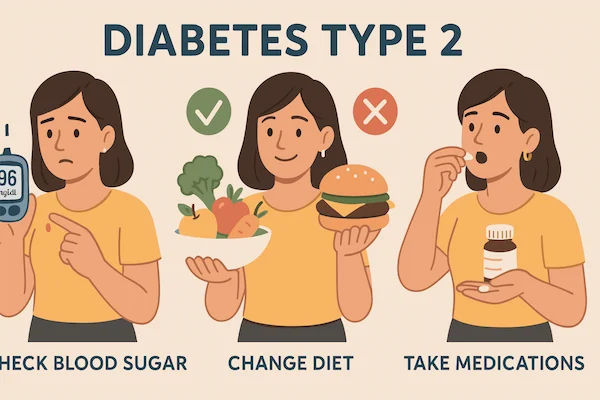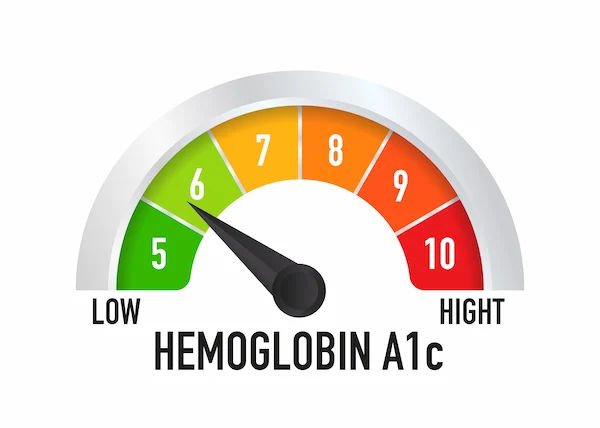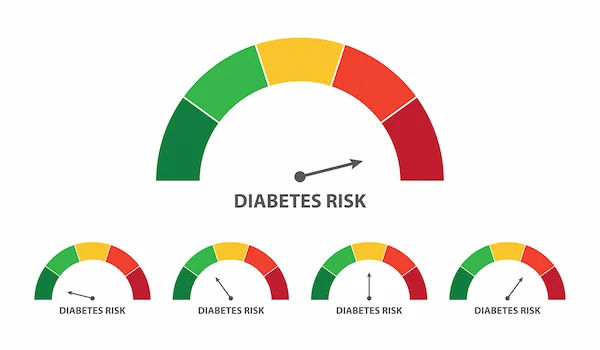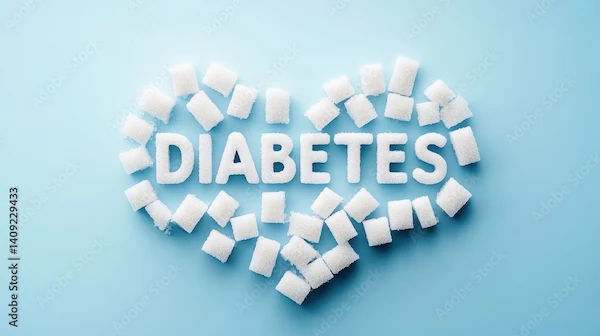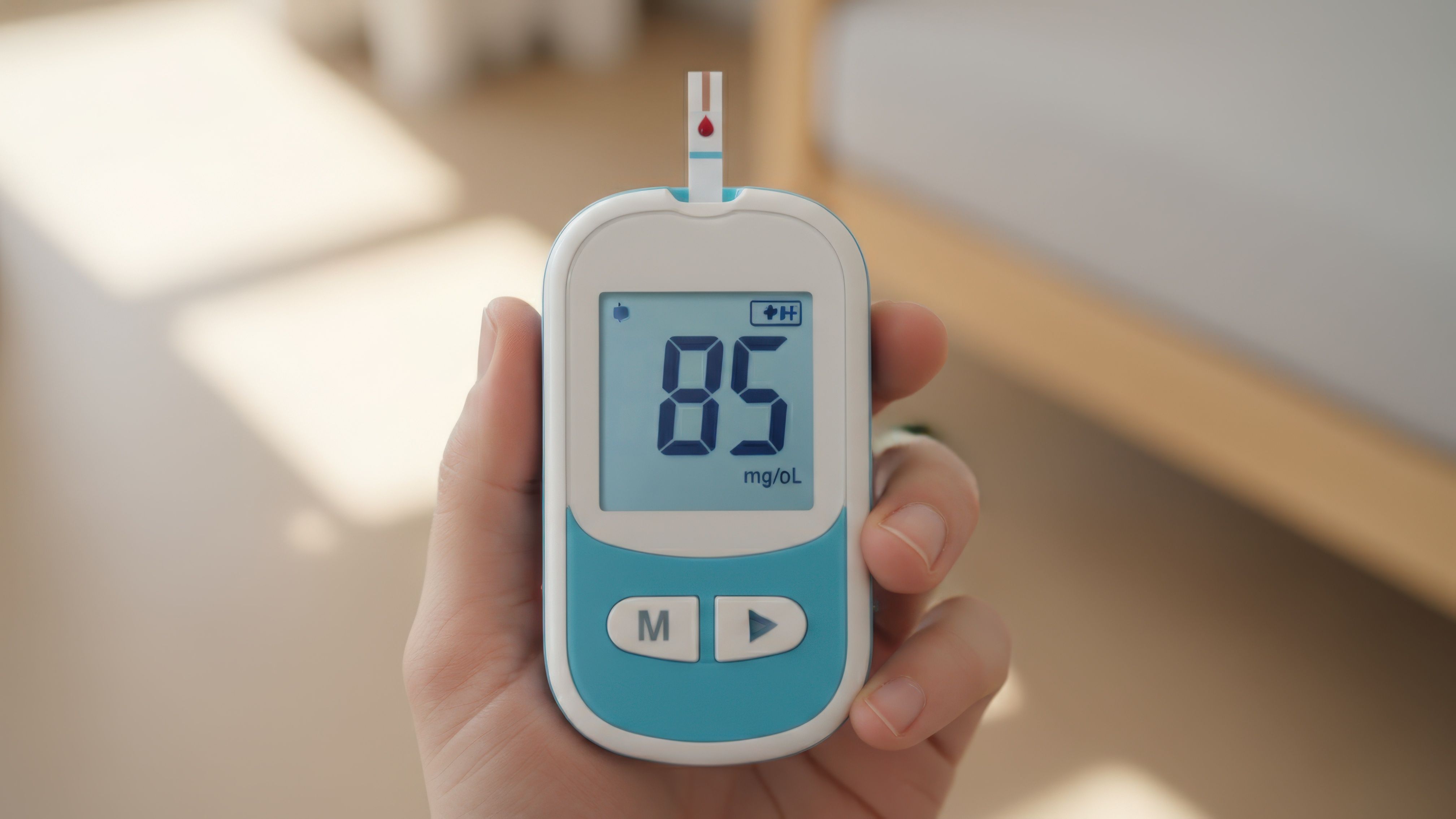Diabetic Symptoms to Recognize Early
Learn to spot the early warning signs of diabetes, including increased thirst, frequent urination, fatigue, and blurred vision. Early recognition is key for timely diagnosis and management.

Written by Dr. Siri Nallapu
Reviewed by Dr. J T Hema Pratima MBBS, Fellowship in Diabetes Mellitus
Last updated on 13th Jan, 2026

Introduction
Diabetes is a chronic condition that affects how your body processes blood sugar (glucose). Recognizing early symptoms can help in timely diagnosis and management, preventing complications. If you or a loved one experience any of these signs, it’s important to consult a doctor.
Common Early Symptoms of Diabetes
The common early symptoms of diabetes are:
1. Frequent Urination (Polyuria)
If you find yourself visiting the bathroom more often, especially at night, it could be a sign of diabetes. High blood sugar levels force your kidneys to work harder to filter excess glucose, leading to increased urination.
2. Excessive Thirst (Polydipsia)
Frequent urination can cause dehydration, making you feel unusually thirsty. Even after drinking plenty of water, you may still feel parched.
3. Increased Hunger (Polyphagia)
Despite eating enough, you may feel constantly hungry. This happens because your body isn’t effectively using glucose for energy, leaving you craving more food.
4. Unexplained Weight Loss
Sudden weight loss without changes in diet or exercise can be a red flag. When your body can’t use glucose properly, it starts burning fat and muscle for energy, leading to weight loss.
5. Fatigue and Weakness
Feeling unusually tired or weak, even after resting, is common in diabetes. Since glucose isn’t efficiently converted into energy, your body may feel drained.
6. Blurred Vision
High blood sugar levels can cause swelling in the eye lenses, leading to blurry vision. If left untreated, diabetes can lead to more serious eye problems.
7. SlowHealing Wounds or Frequent Infections
Diabetes can weaken your immune system and affect blood circulation, making cuts, bruises, or infections take longer to heal.
8. Tingling or Numbness in Hands or Feet
High blood sugar can damage nerves over time, leading to tingling, numbness, or pain in the hands and feet—a condition called diabetic neuropathy.
9. Dry Skin and Itching
Poor circulation and dehydration caused by diabetes can lead to dry, itchy skin, particularly on the legs and feet.
10. Dark Patches on Skin (Acanthosis Nigricans)
Some people with diabetes develop dark, velvety patches on the neck, armpits, or groin—a sign of insulin resistance.
Why Early Detection Matters?
Ignoring diabetes symptoms can lead to serious complications, including:
Heart disease
Kidney damage
Nerve damage
Vision loss
Foot problems (sometimes leading to amputations)
Early diagnosis and management can help control blood sugar levels and prevent these complications.
What Should You Do If You Notice These Symptoms?
If you experience any of these symptoms, consult a doctor. Simple blood tests like:
Fasting Blood Sugar Test
HbA1c Test (3month average blood sugar level)
Oral Glucose Tolerance Test (OGTT)
can confirm whether you have diabetes or prediabetes (a condition where blood sugar is higher than normal but not yet diabetic).
Lifestyle Tips to Manage or Prevent Diabetes
If diagnosed early, lifestyle changes can help control or even reverse prediabetes:
1. Eat a Balanced Diet
Choose whole grains, lean proteins, and fiberrich foods.
Avoid sugary drinks, processed foods, and excessive carbs.
Control portion sizes to maintain a healthy weight.
2. Stay Active
Regular exercise (30 minutes a day) helps lower blood sugar.
Walking, cycling, and yoga are great options.
3. Monitor Blood Sugar Regularly
If you have diabetes, track your glucose levels as advised by your doctor.
4. Stay Hydrated
Drink plenty of water to help flush out excess sugar.
5. Get Enough Sleep
Poor sleep affects blood sugar control—aim for 7-8 hours nightly.
6. Manage Stress
Stress raises blood sugar—practice meditation or deep breathing.
When to See a Doctor?
If you notice persistent symptoms like excessive thirst, frequent urination, unexplained weight loss, or fatigue, don’t ignore them. Early diagnosis can make a huge difference in managing diabetes effectively.
Need Help? Book a Consultation Today!
If you suspect diabetes or want to get tested, Apollo 24|7 offers easy online consultations and lab tests. Early detection can save lives—take control of your health today! Remember, diabetes is manageable with the right care. Stay aware, take action, and live a healthier life!
